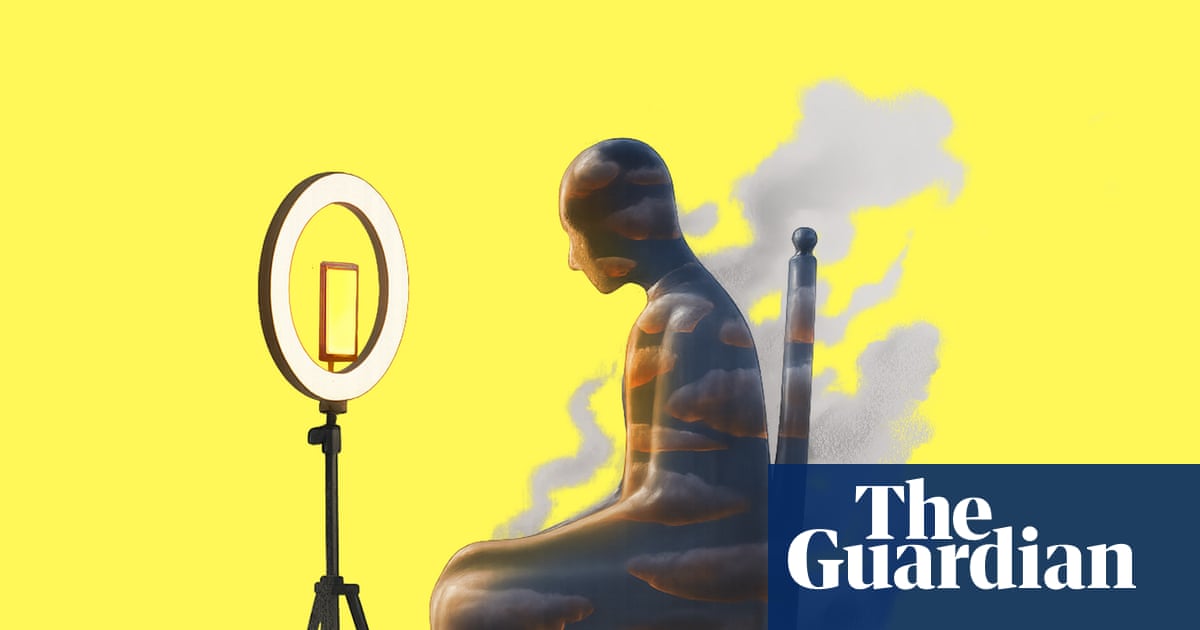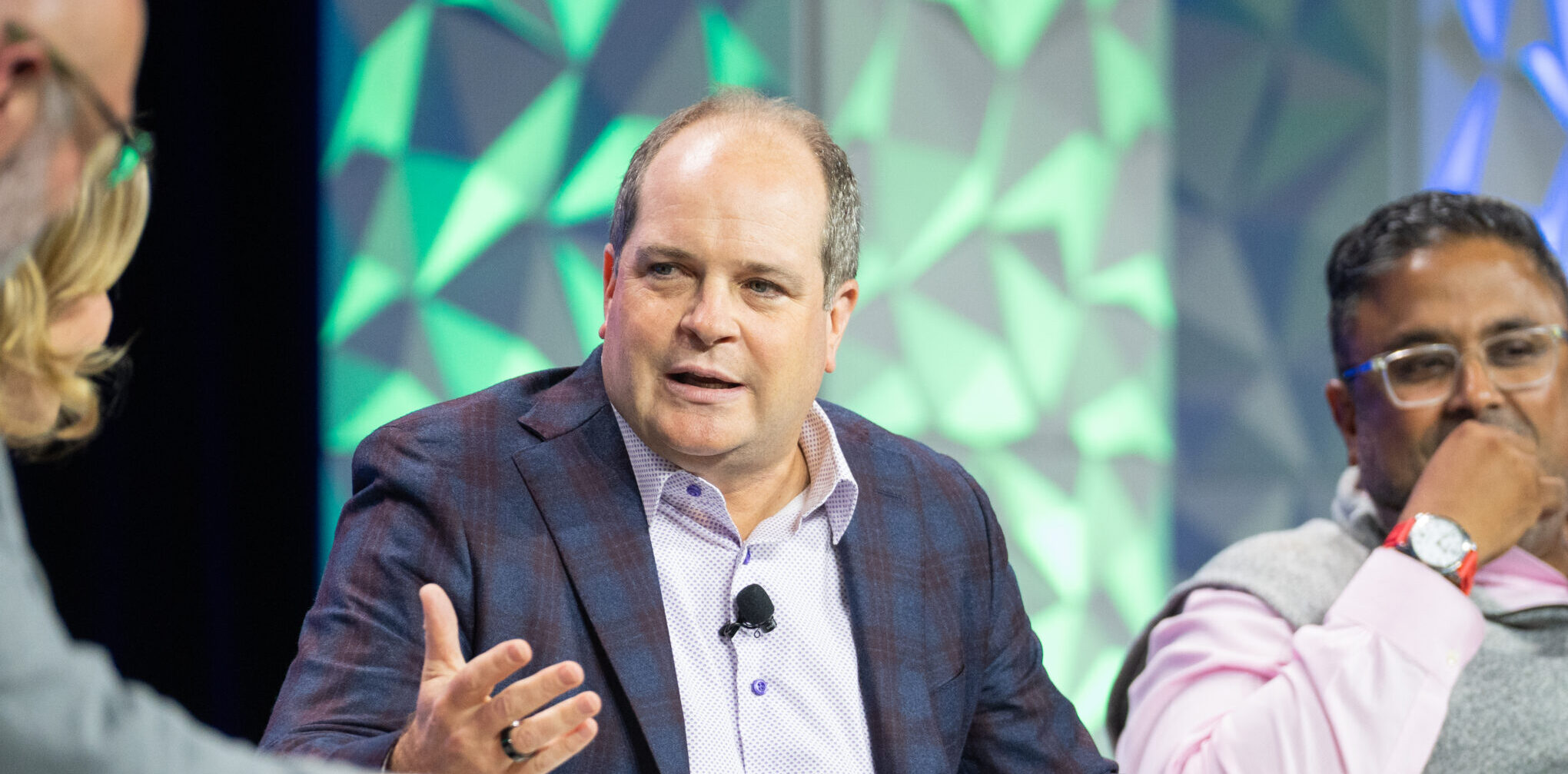The researchers had studied the increased risk of coronavirus contraction among health-care workers in 2020 and wanted to know what may have led to it. In the recent study, they decided to look at behaviors that conflict with health guidelines — wearing beards, biting nails and picking schnozzles.
“It was quite funny to investigate,” said Jonne J. Sikkens, an internal medicine specialist and clinical epidemiologist at Amsterdam University Medical Centers, who led the study. On a more serious note, “it was surprising how it may affect transmission,” he said.
The findings do not prove that those who stick their fingers in their nostrils are more likely to contract the coronavirus, but “we need to be more aware of it in the workplace to avoid doing it,” Sikkens said.
Our noses suck in air and the organisms floating in it, making the nose one of the main entry points for bacteria and viruses. The dark, moist nooks and crannies of the nasal cavities are an ideal environment for germs such as the coronavirus.
The coronavirus is spread primarily through respiratory droplets and particles that are inhaled. The virus can also land on surfaces or faces, and touching the eyes, mouth or nose after touching parts of the face or a surface that has been contaminated increases the risk of introducing it into the body, experts say.
“It makes sense that touching your nose with your hands — because our hands touch so many surfaces — is a way to move infectious agents from one surface to another, and from one person to another,” said Stuart Ray, a professor of medicine in the division of infectious diseases at Johns Hopkins University, who was not involved in the study.
The mucosa or mucous membrane that lines our nasal cavities, however, offers protection. The membrane is sticky, allowing it to trap the pathogens so the immune system can attack them before they start to replicate, experts say. When this protective lining is damaged, by nose picking, for instance, it compromises its abilities.
“If you scratch your mucosa, the stuff that’s trapped in that mucus gets access to the bloodstream,” Ray said.
One study found that nose pickers were significantly more likely than non-nose pickers to carry staph infection in their nasal passages.
People touch their faces for many reasons such as to communicate and self-soothe. Some of these actions can be involuntary, such as rubbing their forehead, or learned, such as chewing on their fingernails, said Zach Sikora, a licensed clinical psychologist with Northwestern Medicine Regional Medical Group.
During the pandemic, research showed that even medical and dental students touched their faces. One study showed that a group of medical students touched their faces, on average, 23 times per hour — and 44 percent of those touches involved contact with the eyes, mouth or nose.
“Humans need to pacify,” said Joe Navarro, an expert on nonverbal communication and body language, and the author of “What Every Body is Saying.” “We can’t just tell the brain to self-soothe; we physically have to do it. It begins in the womb with self-touching, with thumb-sucking. And as we become adults, we do a lot of nose touching.”
The trigeminal or fifth cranial nerve carries sensory signals from the face, including the jaw, eyelids and nose, to the brainstem, allowing people to feel touch, temperature and pain. Stimulating the nerve can help self-soothe, Navarro said.
“A lot of people who are under stress, they’ll bite their lip, they’ll shut their eyes really tight, or they’ll grab their nose — the tip of the nose, in particular — and touch it,” he said.
To curb the spread of disease, medical experts suggest people try to keep their hands away from their faces. Habits can be hard to break, though, and some recommend enlisting family members and close friends to discreetly call attention to it.
Try to replace face-touching with less risky behaviors — massage the back of your neck, rub your hands together or carry a trinket such as a small stone or a key to fiddle with.
Or implement barriers such as gloves or masks to dissuade face-touching.
“If I have a mask on, I’m not going to be able to pick my nose or bite my nails, which is my issue,” said Scott C. Roberts, assistant professor of infectious diseases at Yale School of Medicine. “But everyone needs to find what works for them.”
For those who cannot help but touch their faces, experts advise taking precautions to reduce the risk of getting and transmitting disease. Wash your hands frequently or, in a pinch, use hand sanitizer to keep them clean, particularly in the cold and flu season.
Difficult to disentangle behaviors
The study does not definitively show that nose picking increases the risk of contracting the coronavirus. With such studies, experts say, it is difficult to disentangle behaviors. For instance, it is not known whether those who denied picking their noses and stayed healthier were more careful overall — more likely to wear masks, wash their hands and distance themselves from others.
“It brings forward an interesting idea, but I’m not sure that we can say definitively that this is such an important risk factor for covid acquisition,” said Jorge Salinas, a hospital epidemiologist at Stanford University, who was not involved in the study.
The researchers looked at other potential risk factors, too. About 33 percent of respondents reported biting their nails, and 31 percent of men reported having a beard, which can interfere with proper mask fit. There was no significant association between these factors and incidence of covid, the researchers said.
On the other hand, wearing glasses may have a small protective effect, but this is less robust, said Ayesha Lavell, co-author of the study and an internal medicine resident at Amsterdam University Medical Centers.
link






More Stories
Should You Go to Work When You’re Sick?
Home Remedies for Nasal Polyps Relief
Huge rise in number of people turning to A&E for coughs and blocked noses | News UK